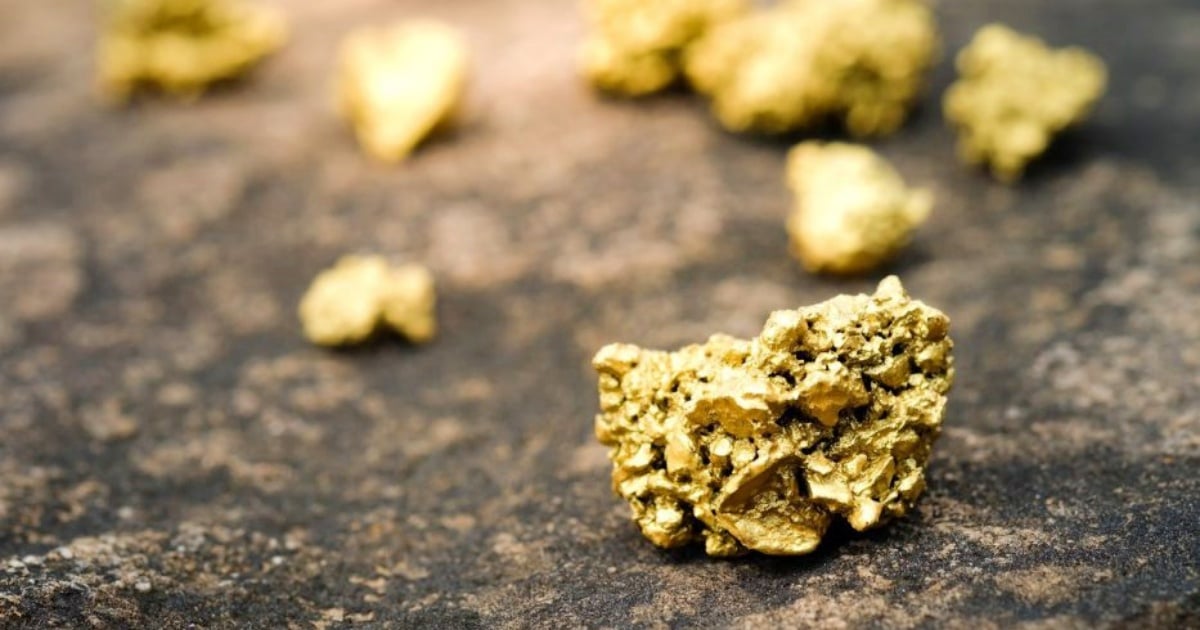More than thirty individuals were tried in Camagüey in nine cases of illegal mining, according to Cubadebate on Sunday, citing the Presidency of the Provincial Popular Tribunal of that region. The incidents occurred in Guáimaro and the main municipality.
The identities of the accused have not been disclosed. They were sentenced to prison terms ranging from six months to two years and/or fines between 200 and 500 pesos. The official source did not provide details on each case, stating that the convicted individuals received penalties “according to the personal characteristics of each defendant, the social harm caused by their actions, whether they were first-time offenders, repeat offenders, or multiple offenders, and their social behavior in their area of residence.”
The San Jacinto mine in Guáimaro was identified as one of the hubs of illegal activity. Although the official source did not detail the cases, it did indicate that the involved parties damaged Cuba's geological heritage and risked contracting lethal diseases, including various types of cancer, malformations, and respiratory diseases linked to metal contamination. The source noted that the province's geominera company has suffered "economic consequences" due to the "environmental impact" caused by illegal extractions.
Cuban authorities have been trying to curb the phenomenon of illegal mining for over a decade, which has surged since 2013. The Mining Law states that "the subsoil is state property, and only the State is authorized to extract minerals for investigative and exploitation purposes." These “gold hunters” primarily exploit small deposits that fall outside the main routes and are not profitable for state-owned enterprises to intervene.
In 2018, the Granma newspaper alerted the public to the deaths of two individuals in Holguín from gas inhalation during illegal gold extraction. The same incident resulted in three serious injuries and one minor injury. Between February and October 2023, more than 60 people were tried for this type of crime in Ciego de Ávila. This number was lower compared to 2021, when 300 were sanctioned.
In April, Manuel Marrero Cruz emphasized in a meeting the importance of continuing the fight against illegal mining, stating that “it is not a closed issue.”
Apart from the provisions in the Mining Law, the Cuban Constitution stipulates that mineral deposits and mines "are socialist property" and specifies that to exploit them, regardless of the type, a mining concession is required. This concession is processed by the National Office of Mineral Resources (ONRM) and granted by the Executive Committee of the Council of Ministers or the head of MINEM, depending on the mineral in question.
In Cuba, artisanal mining is approved for stone destined for construction, sand, and clays, but does not include any other type of mining exploitation.
Illegal Gold Mining in Cuba: Key Questions Answered
With the recent sentencing of over 30 individuals involved in illegal gold mining, several questions arise regarding the implications and regulations surrounding this issue. Here, we address some of the most pressing queries.
What penalties were imposed on the accused illegal miners in Camagüey?
The accused were sentenced to prison terms ranging from six months to two years and/or fines between 200 and 500 pesos.
What are the health risks associated with illegal gold mining?
Illegal gold mining poses significant health risks, including the potential to contract lethal diseases such as various types of cancer, malformations, and respiratory diseases linked to metal contamination.
What does the Cuban law state about mineral extraction?
The Mining Law in Cuba states that the subsoil is state property, and only the State is authorized to extract minerals for investigative and exploitation purposes.
How has the Cuban government responded to the issue of illegal mining?
The Cuban government has been attempting to curb illegal mining for over a decade. Measures include legal repercussions and ongoing efforts to address the social and environmental impacts of illegal mining.
